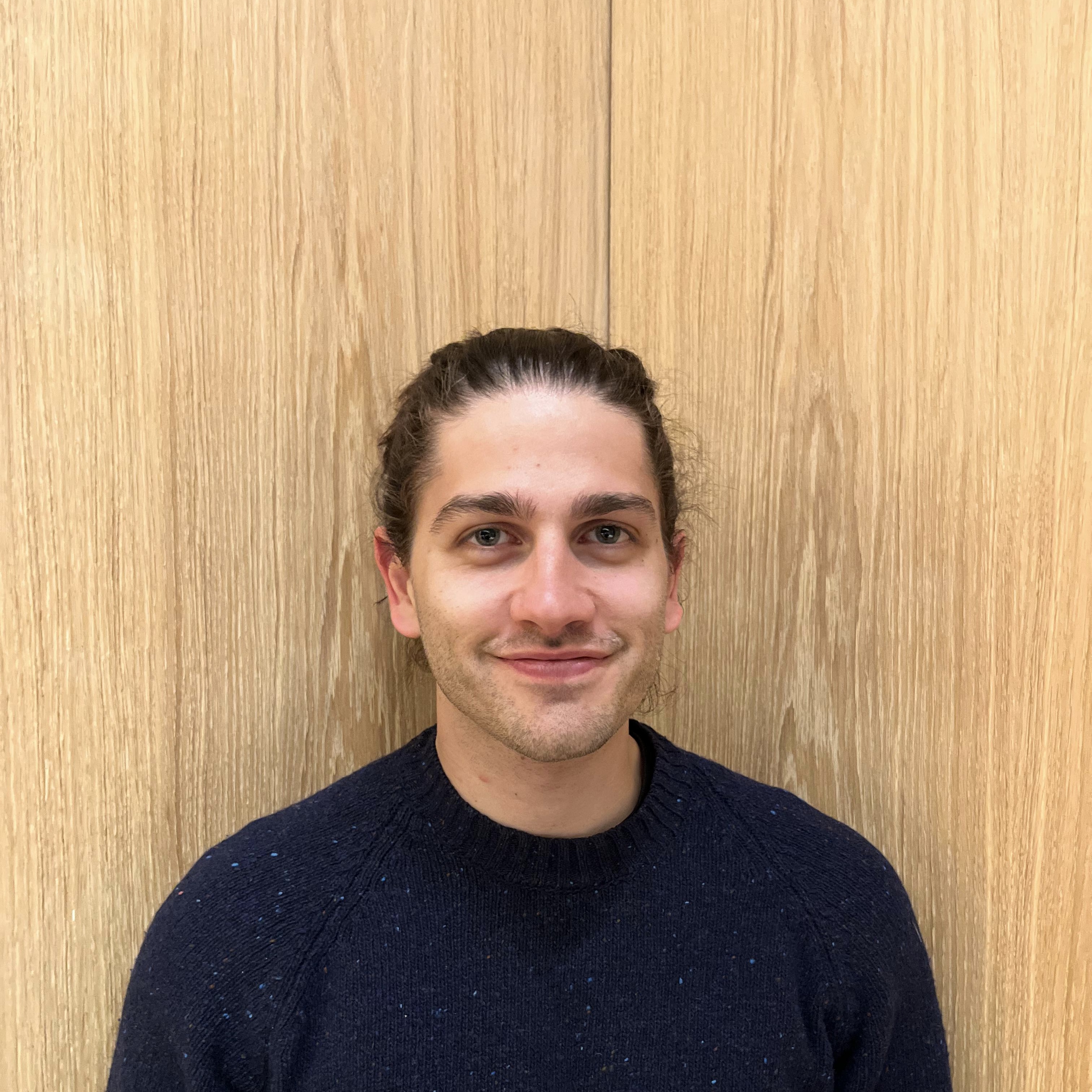
Hello I'm Jak 🤙
Currently working as a Data Scientist for MESPAC, employing AI and ML models to metocean data to serve the development of offshore wind and ocean energy platforms 🛰🌬️🌊.
Bio
My name is Giacomo Grandi and I was born in Florence, Italy on
february 27th, 1997.
I have always been an enthusiast traveler, I have visited 41
countries around the world, and still counting. Except for
Florence, I also lived in Palma de Mallorca (Spain), Turin
(Italy), and Helsinki (Finland).

I have also always been passionate about all kind of sports. My
current favorites are cycling, climbing, skiing, and kayaking.
You can find me on
WeWild, a YouTube channel where me and my
friends share our adventures.
Also, I am really into music, I have been playing the bass since
I was 14. I had a band, Beyond The Garden, we released an
album in 2016, check us on
Spotify,
YouTube, and
SoundCloud.
I graduated in Articial Intelligence at the University of Turin, Italy.
I obtained maximum grades and honors, and my thesis "Early Diagnosis of Dementia: The Contribution of Language Models' Perplexity" received the
Right of Publication.
Together with the research team we are currently working on the publication of a
paper on the topic.
Portfolio
Some selected projects I have been working on:
Early Diagnosis of Dementia: The Contribution of Language Models' Perplexity
As part of my Master's thesis, I worked on a research project aimed at investigating whether language models
can be employed to analyze language production and discriminate between subjects affected by mental disorders
(across a broad spectrum, falling within the realm of dementia) and healthy subjects, using the perplexity metric.
Results are very promising and we are currently working on the publication of a paper on the topic. The thesis has
been published by PubbliTesi, the national database of the best theses from Italian universities.
Authors: Davide Colla, Matteo Delsanto, Giacomo Grandi, Daniele P. Radicioni
When: summer-spring 2023-2024
Artificial Intelligence symbolic approaches
Studying for the Artificial Intelligence course (University of Turin, Italy), I explored some symbolic
approaches to AI. I implemented a Prolog program that gives the shortest route between two given stops of
the Milan metro, an ASP program that returns a sporting championship calendar following some constraints, a
CLIPS program that plays the Battleship game, and built an intelligent agent with the SOAR cognitive
architecture that, via Reinforcement Learning, learns how to escape from a room.
Author: Giacomo Grandi
When: spring 2023
Professor Snape Chatbot
Part of the projects for the Natural Language Processing course (University of Turin, Italy). I developed a
rudimental chatbot that impersonates Professor Snape from the Harry Potter saga. The Professor Snape
chatbot asks the user to answer some questions about potions and then it gives a score based on the answers.
Author: Giacomo Grandi
When: fall 2022
Multilabel image classification via Convolutional Neural Networks
Final project for the Deep Learning course (University of Helsinki, Finland). The goal of the project is to
recognize several objects in an image. Since we can have more than one object in an image, we are dealing with a
multiclassification and multilabel problem. Our approach is based on Convolutional Neural Networks as they
are the state-of-the-art for image classification.
Authors: Enrico Buratto, Giacomo Grandi, Rayyan Hassan
When: spring 2022
Scarpetta
As final project for the Game Poject Course (University of Helsinki, Finland), me and my team developed a
2D game on Unity. Our game Scarpetta is directly inspired by the game Jetpack Joyride. Basically it is an
infinite running game where the player flies in order to avoid walls. If the player touches a wall it is Game
Over. The gamer can collect coins to customize the character and pick up power-ups useful to survive longer. We
worked on Unity making the game deployable on all platforms. We also published the game on the Google
Play Store.
Authors: Arnau Font Gonzalez, Giacomo Grandi,
Nil Serra Sors
When: spring 2022
TripPic
As part of the Mobile Devices Programming course (University of Turin, Italy), me and my team developed a
mobile application for Android, using Kotlin and Android Studio. The app is a social network where
users can share their travel experiences linking pictures to the places they have visited.
The main page shows the map with small pins that represent the places where the user has been. By clicking on a
pin, the user can see the pictures linked to that place.
Authors: Chiara Andreata, Giacomo Grandi, Federico Peiretti
When: fall 2021
Education
- Studied at the Scientific High School A. Gramsci in Florence, Italy (2011-2016).
- Spent two weeks in Scotland, studying for the Young Learners Courses at the Edinburgh School of English, Scotland (july 2014).
- Got my Bachelor's Degree in Computer Science at the University of Florence, Italy (2016-2020).
- Attended the IELTS General Training exam at the British Council in Milan, Italy (october 2021). Band 7.5 - C1 CEFR
- I have been an Erasmus student for the spring semester at the University of Helsinki, Finland (2022).
- Completed my Master's studies in Artificial Intelligence at the University of Turin, Italy (2020-2024).
Download my CV